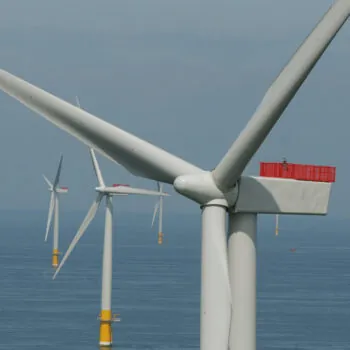The financial crisis presents both risks and opportunities to the UK’s low carbon transformation.
As public funding will be squeezed, the public will be less willing to see energy prices rise in the short term to pay for low carbon investment.
On the other hand, aggressive investment in energy efficiency, renewables and other low carbon infrastructure generates opportunities in the form of immediate well-paid jobs in the UK, lay the foundation for future global industries and help protect the UK from the economic impacts of future oil price shocks. Grasping the economic opportunity of the low carbon transition will require creative ways to mobilise private funds in a risk averse market into public purpose activity.
Energy Efficiency, Renewables and Low Carbon Infrastructure
E3G and Climate Change Capital produced the three papers above in the run up to the UK Budget examining possible solutions in the areas of efficiency, renewables and infrastructure finance.
The UK Government is committed under the EU Renewables Directive to ensure that 15% of the UK’s final energy consumption is renewable by 2020 – a tenfold increase on today’s capacity. “Delivering Centralised Renewables” outlines both policy and financial measures to ensure this target is met.
Bearing in mind that a National Energy Efficiency Programme is essential to UK’s green fiscal stimulus and ‘smart’ recovery, the paper entitled “Delivering Energy Efficiency to the Residential Sector” recommends 2 approaches on how one may be funded.
Finally, “Accelerating Green Infrastructure Financing” provides a rationale for, and main design features of, three potential interventions: renewable energy investment support, a Green Infrastructure Bank and Green Bonds as a means to raise new finance.



